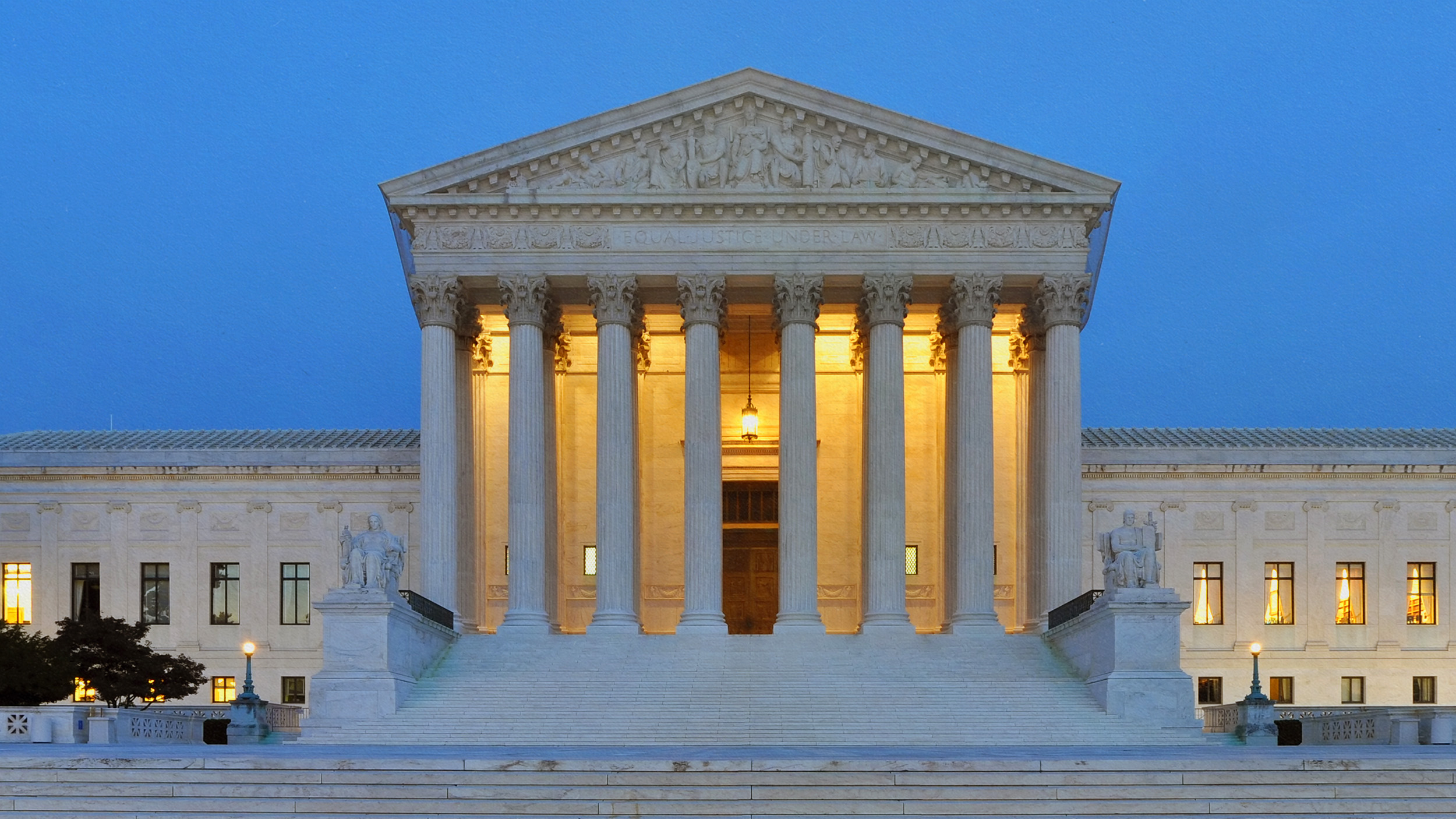Supreme Court on Videogame Violence: It’s Not Just a Free-Speech Problem, It’s a Bad-Research Problem

Disputes about evidence in social science can drag on for decades. I bet many a researcher has fantasized about the day when a world-famous panel of judges looks at the evidence and then announces that my side is right and the other guy’s claims are hokum. Which weirdly enough is just what happened today in the U.S. Supreme Court’s decision (pdf) to overturn California’s ban sales of violent video games to minors. Three justices wanted to confine the issue to freedom of speech. But the rest waded into researchers’ debates about about whether these games are unusually bad for kids. And a majority decided that the answer is no.
Sounding like the increasingly vocal skeptics in academia, Justice Antonin Scalia’s opinion for the majority said the state’s evidence for harm from games “is not compelling.” (This passage begins on page 14 of the opinion.) Explaining why, it beat up psychology’s leading advocate of this position. “California relies primarily on the research of the research of Dr. Craig Anderson and a few other research psychologists whose studies purport to show a connection between exposure to violent video games and harmful effects on children,” Scalia writes. “These studies have been rejected by every court to consider them, and with good reason: They do not prove that violent videogames cause minors to act aggressively (which would at least be a beginning). Instead, he quotes from another decision, ” ‘[n]early all of the research is based on correlation, not evidence of causation, and most of the studies suffer from significant, admitted flaws in methodology.’ “That’s pretty much the opinion of Christopher J. Ferguson, a psychologist at Texas A&M, who has long criticized the “games are poison” school in the journals. (His amicus brief in the case (pdf) is here.)
Work by Anderson and like-minded researchers, Scalia decided, “at best” finds “minuscule real-world effects,” like kids’ making louder noises after violent game-playing than after non-violent play. In the dispute among psychologists, the absence of a causal chain and the smallness of the effects are epistemological problems, suggesting that the findings might not hold up or mean much. But for a judge, Scalia points out, there is another issue. Those aspects of the research mean that the aftermath of videogame play hasn’t been distinguished from what happens to kids after they watch a TV show or a movie, or hear a violent fairy tale. Which means a law that singles out games as peculiarly harmful is a law that is manifestly unfair.
One of the two dissenters (arch-conservative Clarence Thomas and liberal Stephen Breyer, which shows you that this case scrambled the usual ideological expectations) also left the confines of the free-speech question to debate the merits of the social-science research itself. Breyer’s dissent (look at page 12 and after), is a precis of the games-are-harmful case, followed by an argument from authority. Being a mere judge and not a researcher, he writes, he can’t decide who is right, so he defers to the official stance of the American Academy of Pediatrics, the American Academy of Child and Adolescent Psychiatry, the American Psychological Association, the American Medical Association, the American Academy of Family Physicians, and the American Psychiatric Association. Thomas, meanwhile, kept to freedom-of-speech questions, but came out on the other side than the majority view.
Did five Supreme Court justices need to affirm that Ferguson and his scholarly allies are right, while Anderson and his side are wrong? Did another need to defend Anderson and his allies? They didn’t. Justice Samuel Alito and Chief Justice John Roberts also voted against California, but they, like Thomas, confined themselves to the free-speech issue. Alito’s opinion (which Roberts joined) simply says the California law is too vague to satisfy First Amendment requirements. Then Alito goes on to chastise his colleagues for picking sides in the research. So games are no different than movies? “The Court is sure of this,” he writes. “I am not.”
That was the kind of First-Amendment-only opinion that many observers were expecting. But six justices seem to have decided that the time for leaving scholars to argue about methodology and correlations is over. As a result, five of them have dealt the conventional wisdom on videogames a stunning blow.





